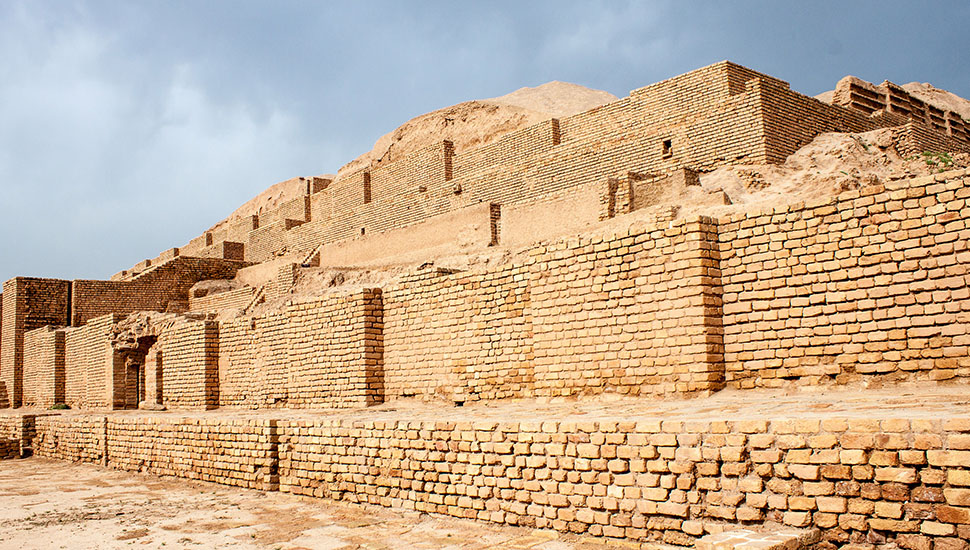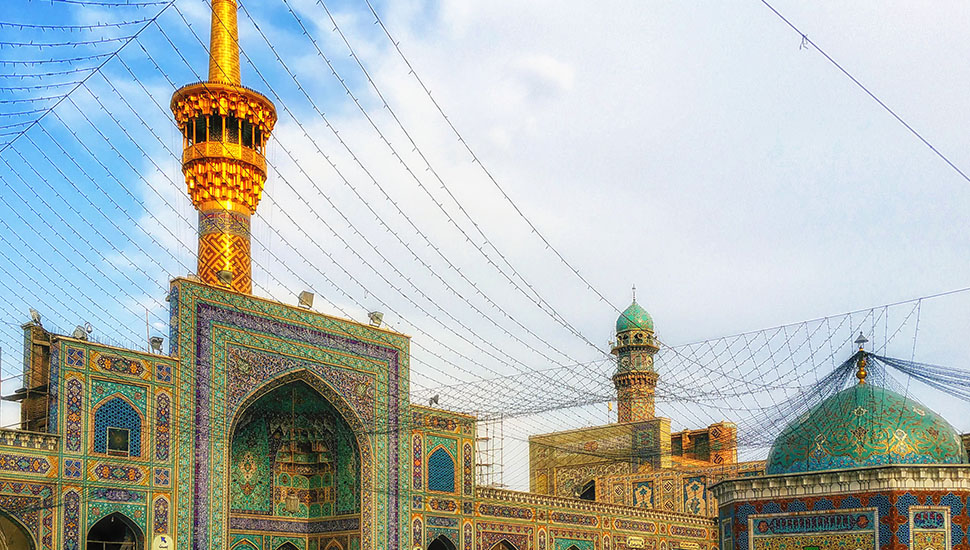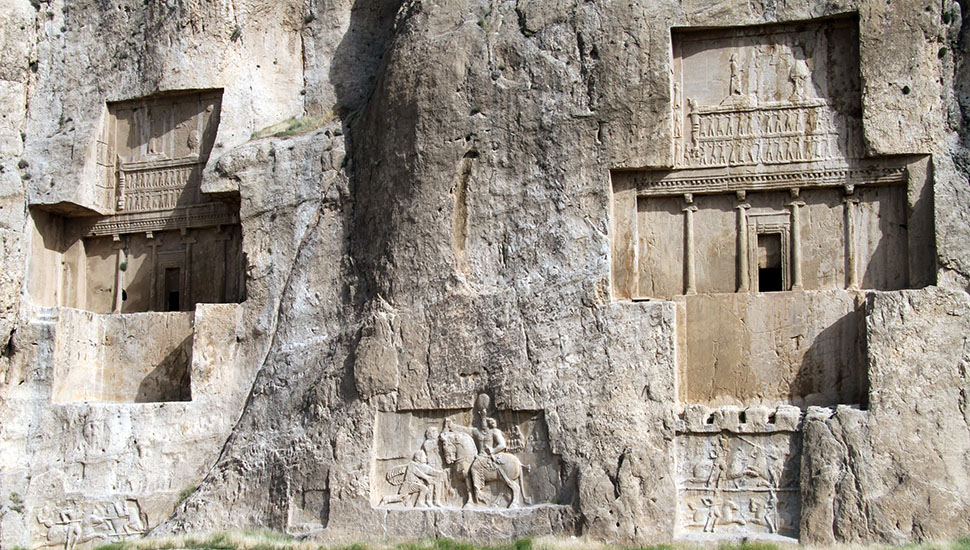Iran: Is it Safe to Visit the Wonders of Persia?
Given the present coverage of Iran, it's easy to forget just how many incredible sights this unique Middle Eastern country fields. Every corner of the country is laden with the ruins of ancient civilisations, along with the remnants left by towering historic figures such as Genghis Khan, Alexander the Great, Cyrus and Darius. Since Iran - aka Persia - is so far off the beaten track for the average global traveller, those who do visit are staggered when they see sights such as the ruins of Persepolis - the capital of the Achaemenid Empire - or the vast Elamite ziggurat at Choqa Zanbil.
For the intrepid traveller who doesn't have their viewpoint entirely defined by international news organisations, Iran is a wonderland of ancient treasures and warm people.
Friendly locals
Indeed, what surprises visitors most upon arrival is the warmth of their hosts. While news reports paint Iran as rather hostile, the experience on the ground - overwhelmingly - is typified by cheerful Iranians who love nothing more than to practice their English with foreigners. Iranians also love to ask questions about how their country is perceived abroad - and are often keen to distance themselves from the outlook of the nation's regime. Young women in particular are likely to strike up conversations with foreigners, while chat with males is often limited to which football team you support.
Government travel advice for Britons and British-Iranian dual citizens
All that said, visiting Iran can be tricky - particularly if you're British, or hold dual British-Iranian citizenship. Indeed, the Foreign and Commonwealth office now advises holders of dual citizenship against traveling to Iran.
Those with any form of UK citizenship are warned not to go within 100km of the Iran-Afghanistan border and to stay at least 10km away from the Iran-Iraq border.

Why are dual citizens being told to stay away?
The FCO now warns British-Iranian dual citizens to avoid travelling to Iran following the sentencing of Aras Amiri, an Iranian who worked for the British Council in London. She was jailed for 10 years on charges of spying for the UK. The case mirrors that of Nazanin Zaghari-Ratcliffe, who was found guilty of spying for the UK government more than three years ago.
The foreign secretary, Jeremy Hunt, said: “Dual nationals face an intolerable risk of mistreatment if they visit Iran. Despite the UK providing repeated opportunities to resolve this issue, the Iranian regime's conduct has worsened."
Should UK citizens visit Iran?
It's hard to deny that Iran is not the easiest place for UK nationals (dual or otherwise) to visit. However, the richness of the history and culture and the warmth of the locals, mean it is sure to be a most unique and rewarding experience.

How do I get a tourist visa for Iran?
Tourist visas are only given to those who are part of an organised tour, or who have a sponsor in Iran. You should apply for your visa a long time in advance of travel, since the process can be lengthy and unpredictable.
Tips for safe travel in Iran:
- Keep your passport, camera and other valuables on your person at all times.
- If you leave your passport at your hotel reception, be sure to take along photocopies of your passport and visa. Technically, you should have your passport with you at all times, but confusingly hotels are told to keep visitors' passports in case authorities wish to inspect them.
- Take special care of your passport as there is a significant black market in stolen passports.
- Take extra care in bazaars and crowded places, as this is where most pickpockets operate.
- While crime is rare, as Iran's economy deteriorates, pickpocketing and theft in general is likely to rise.
- Avoid photographing government buildings or train stations, as this could attract accusations of spying. If security personnel do approach you after taking a picture, delete the pictures and maintain you are only a tourist. Do not argue with police or other security personnel.
- Take care when crossing the road, as Iranians can be unpredictable behind the wheel. Pedestrian crossings are completely ignored by the majority of motorists. Red lights are also open to interpretation, particularly among motorcyclists.
- Women should take the usual precautions - avoiding being alone with men they don't know and taking extra care in (or indeed avoiding altogether) crowded places - where groping could be an issue.

View full UK government advice on visiting Iran here: https://www.gov.uk/foreign-travel-advice/iran
Get a Quote